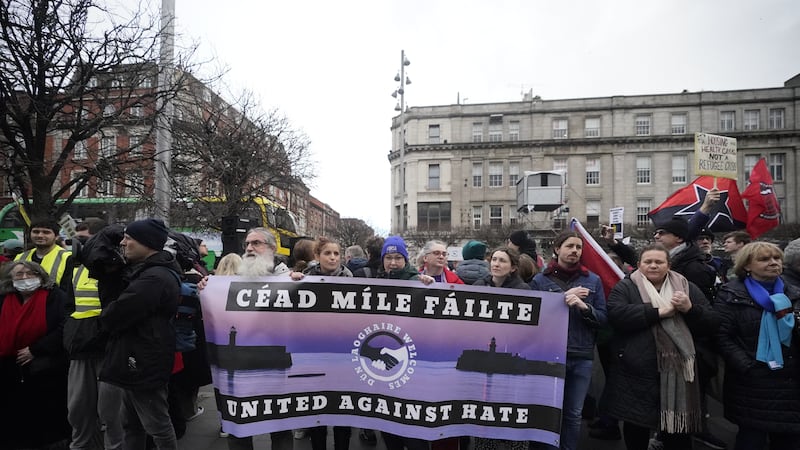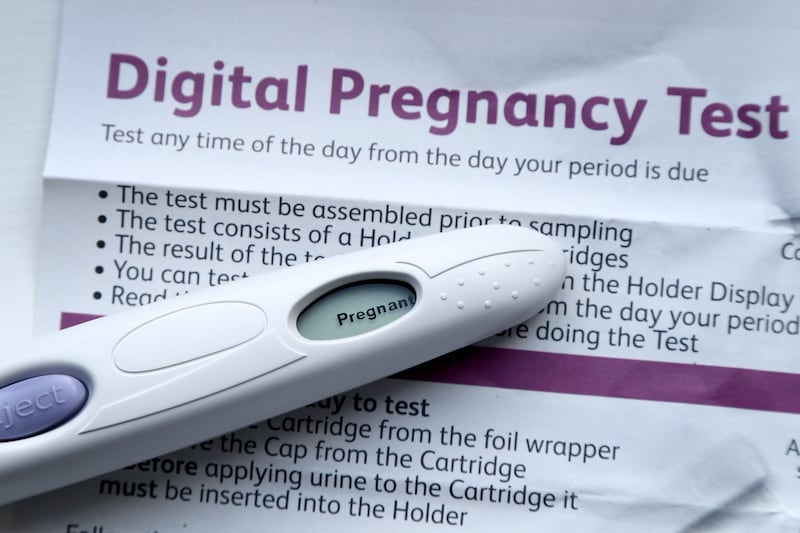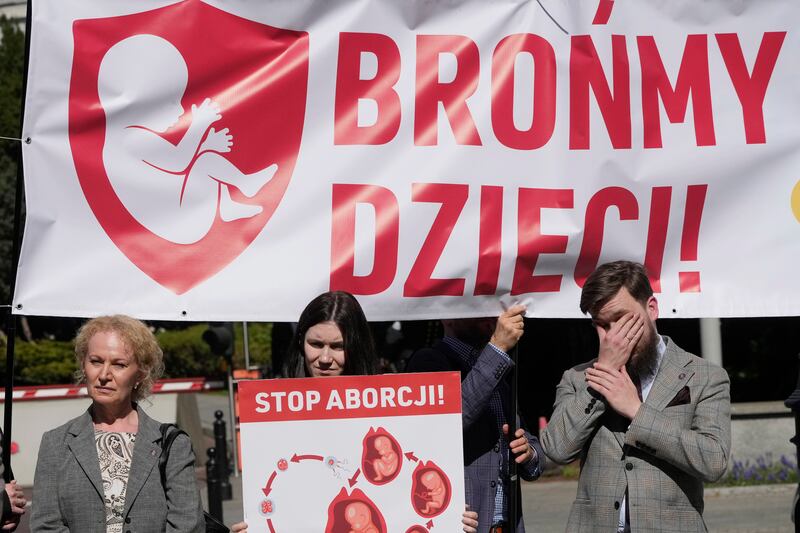LONG-AWAITED abortion guidance for healthcare care professionals was slipped out quietly on Monday evening with its publication on the NIO website amid very little fanfare.
For months, there has been growing uncertainty and anxiety around how landmark Westminster legislation on relaxing the north's strict abortion laws will impact not just on women, but on those NHS staff affected including consultants, midwives, nurses, obstetricians, GPs and geneticists.
Six years ago, a very different set of guidelines were published by former DUP health minister Edwin Poots, which introduced a chill factor by threatening a 10-year prison sentence for health professionals who failed to adhere to new restrictions or who didn't report "suspected" illegal terminations.
READ MORE:
- Abortion guidelines divide opinion while midwives insist more direction needed
- Timeline: Abortion campaign has gone on for decades
- Medics to be asked to use expert discretion in termination cases
Despite being only 'draft' measures, a culture of fear was created among medics as legal teams across the health trusts stressed strict compliance - with medical staff even banned from giving advice to women affected.
The 2019 guidelines are in stark contrast with the draconian tone of the 2013 blueprint and spell out what is expected of the health profession when providing advice and support to patients seeking terminations.
Crucially, it reinforces a moratorium on criminal prosecutions for both women seeking abortions and health professionals giving information on procedures.
While covering an interim period of just over four months until the law changes next spring following a public consultation in the north, the NIO 11-page document contains guidance for the first time on how doctors officially inform or sign post women to services by supplying them with a phone number for a "central booking service" in England.
The move comes a year after a high-level report led by the north's most senior medic - which sat on a Stormont shelf for two years and was only published due to public pressue - recommended that the north's stringent abortion laws on foetal fatal abnormality were urgently changed, with doctors who contributed to the review saying existing legislation placed an "unacceptable burden" on women affected by the devastating diagnosis.

Last month, hundreds of doctors and nurses from a Christian background wrote to Secretary of State Julian Smith to express their alarm at the proposed "undemocratic" legal changes and raised concerns about conscientious objections.
The guidelines allude to this issue and is expected to be included the 12-week consultation, which is likely to be launched in the next two months.
However, those doctors in the north who object to abortion on the basis of their religious beliefs are to refer women seeking information to a government website, according to the guidelines.
While women from Northern Ireland have been able to access abortions for free in other parts of the NHS since the law changed two years ago, they will now be able to travel to England and have heir medical, travel and accommodation needs met over the next four months.
Previously women seeking terminations were means-tested for travel and accommodation.
Perhaps the most significant measure outlined by the NIO relates to abortions being made legal in Northern Ireland over the interim for those women with a fatal foetal diagnosis abnormality as well as a "serious fetal anomaly".
Pro-life groups yesterday seized on the definition of a "serious" condition and warned of it could be "mis-used".
But it is understood the issue will be a discretionary one for consultants in terms of diagnosis.
There was also speculation from the pro-life groups that the north's new abortion law - which will still be covered by the 1945 Criminal Justice Act which offers protection to foetuses over the age of 28 weeks - will effectively allow abortion to take place up until 28 weeks.
This has been roundly dismissed and it is expected that the 'viability' time will be in line with English law - with the cut off point for abortions set at 24 weeks.
In the highly unlikely event of Stormont being restored before October 21, the law change will not come into force and the guidelines will be not apply.
However, it is now widely accepted that it is a matter, as one source put it of "how and not when," abortion laws are to be overhauled in what will be one of the most important and far-reaching health service reforms since the formation of Northern Ireland.








